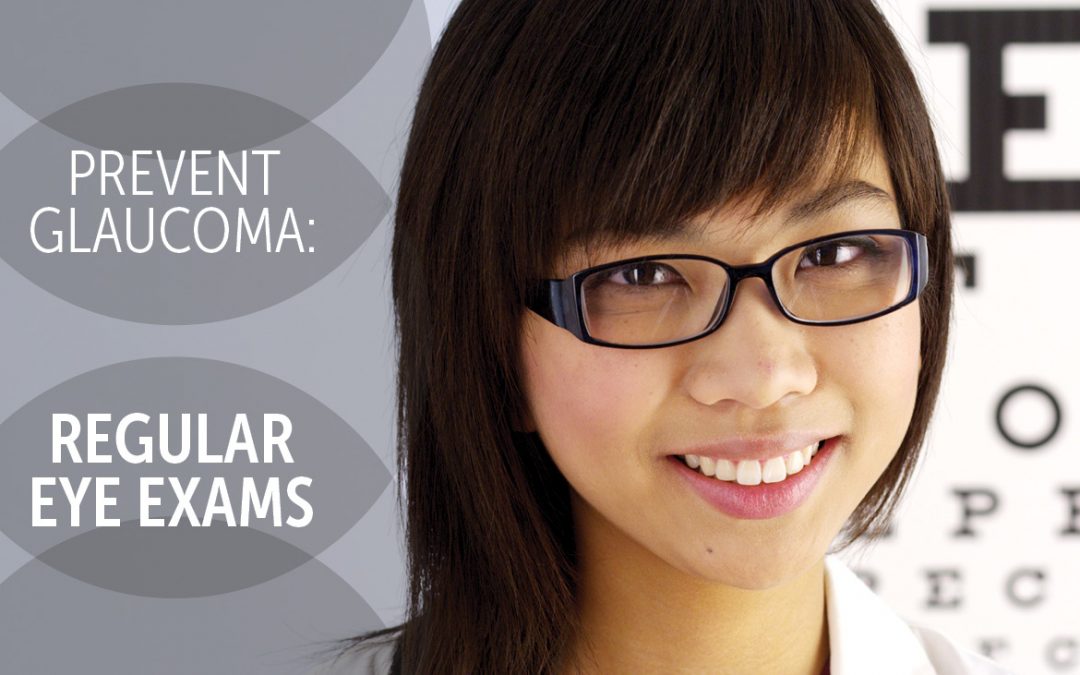
by innexus | Nov 1, 2019 | Eye Health and Diseases
Did you know, half of Americans with glaucoma don’t know they have it? Glaucoma is often called a silent thief of sight because the early stages often have no symptoms. In the US glaucoma is the second-leading cause of blindness. What is Glaucoma? Glaucoma is an eye...

by innexus | Oct 1, 2019 | Frames and Lenses
Do you know the features to look for in your protective sports lenses? Protective sports eyewear helps to prevent injuries, allows you to see clearly, and can improve overall performance. Any sport with balls, racquets or flying objects poses a risk of injury to your...
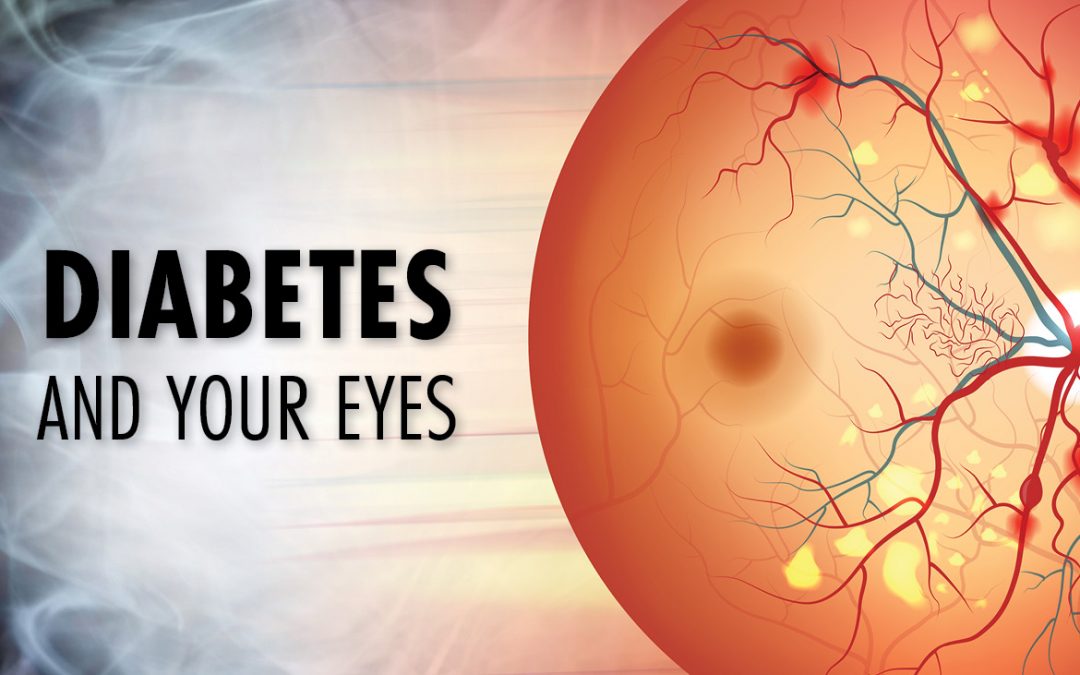
by innexus | Sep 1, 2019 | Eye Health and Diseases
More than 28% of diabetics age 40 or older have a diabetic eye disease. These numbers are only expected to grow in the upcoming years due to the decrease in physical activity and healthy eating. Types of Diabetes Type 1 A chronic condition in which the pancreas...
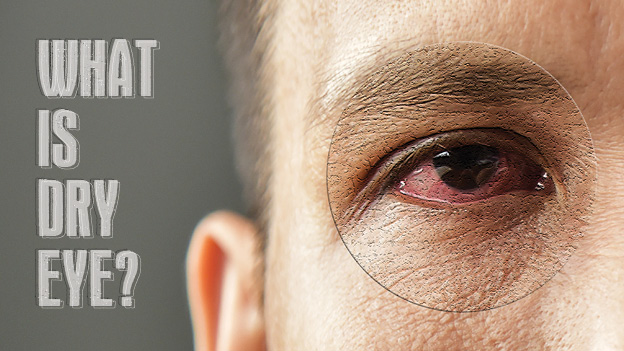
by innexus | Aug 1, 2019 | Eye Health and Diseases
Dry eye syndrome is caused by a chronic lack of moisture and lubrication of the eyes. Your eye’s tears keep the surface of the eye moist and lubricated, as well as washing away dust, debris, and other microorganisms. What causes dry eye? Typically dry eye occurs...
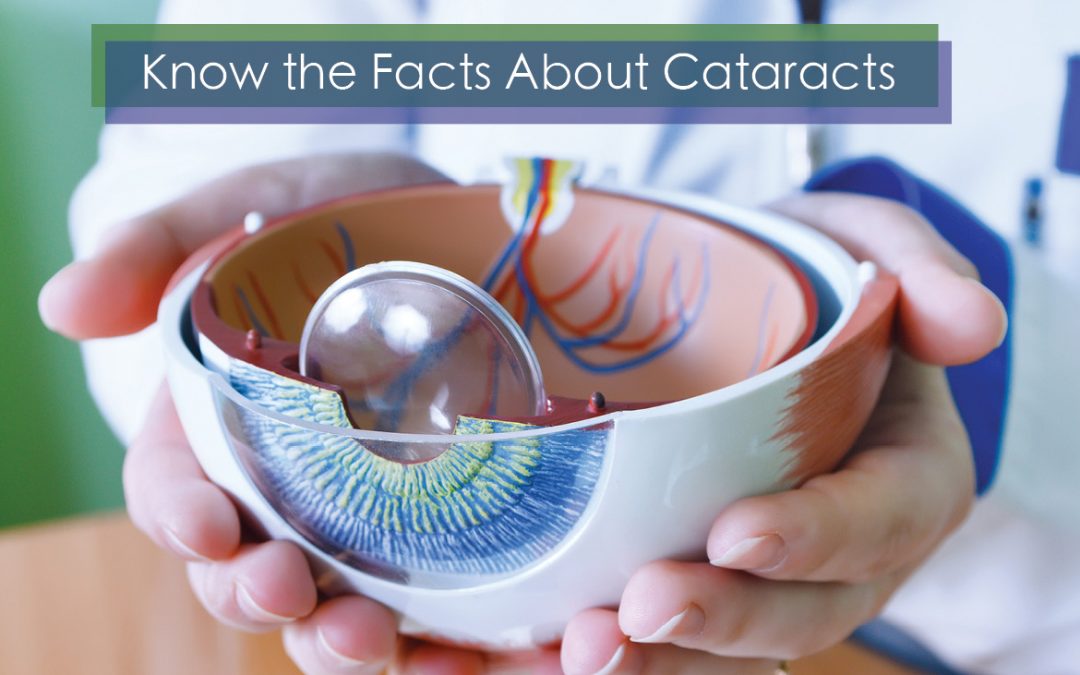
by innexus | Jul 1, 2019 | Eye Health and Diseases, Eye Resources
Did you know, cataracts are the leading cause of blindness in the world? Cataracts affect nearly 20.5 million Americans age 40 and older.* If you are over the age of 50, you should have a yearly comprehensive eye exam to detect cataracts as they develop. A cataract is...
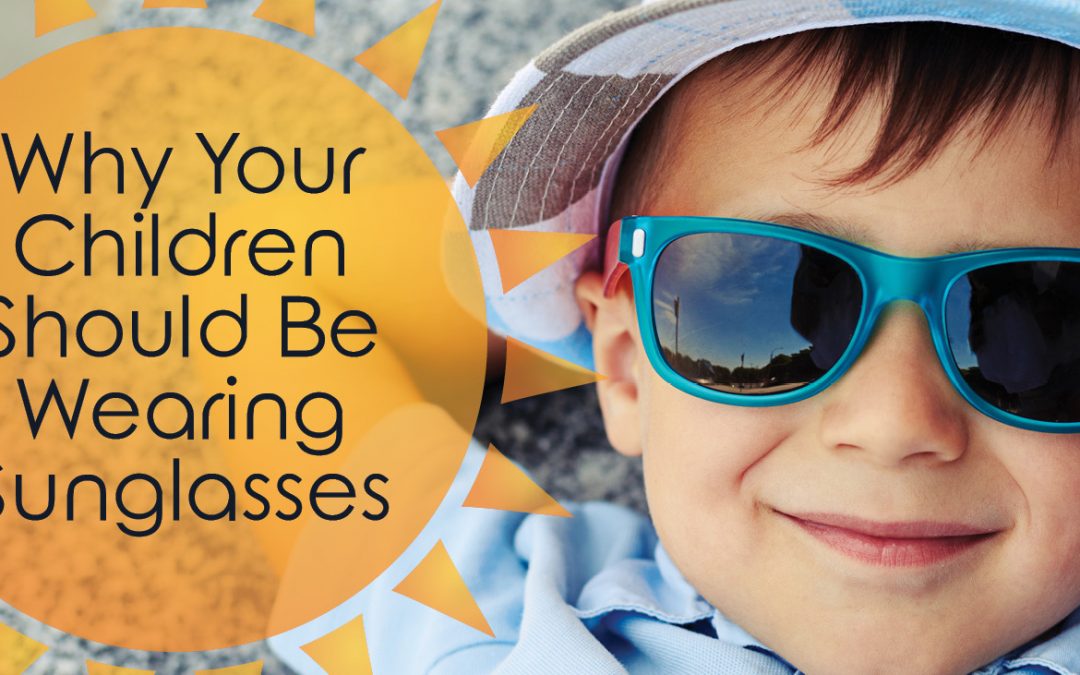
by innexus | Jun 1, 2019 | Eye Resources
As you may know, the sun’s harmful ultraviolet (UV) rays can cause damage to your skin, but how often do you think about the damage these rays can cause to your eyes? What about your child’s eyes? At a young age, children’s eyes are still developing, and with the...
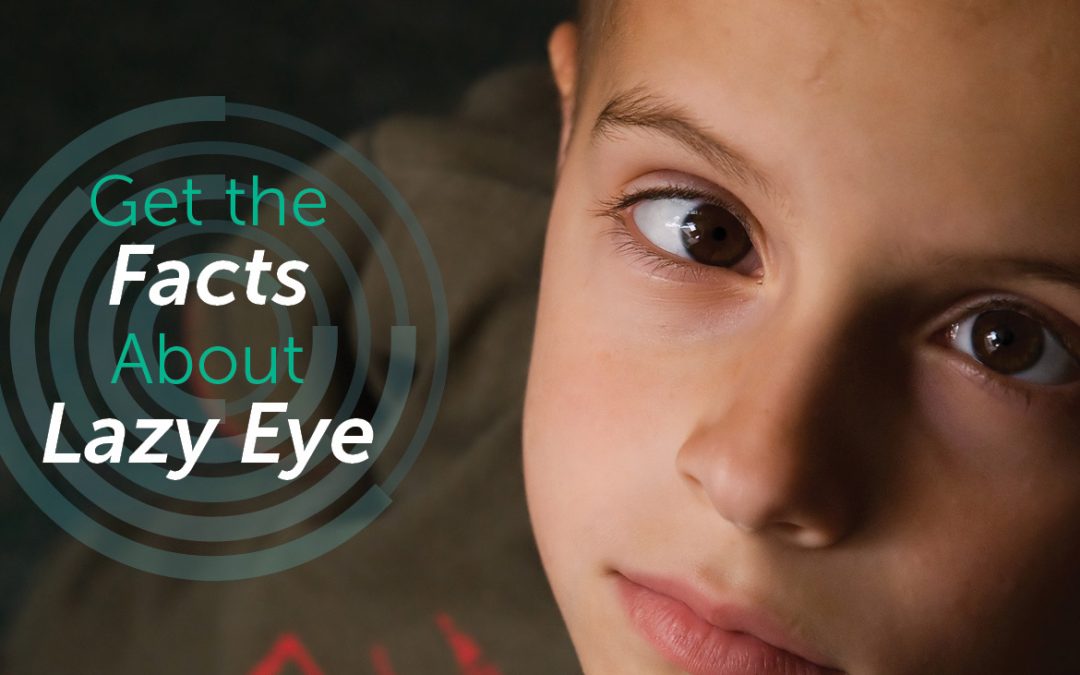
by innexus | May 1, 2019 | Eye Health and Diseases, Eye Resources
Lazy eye, or amblyopia, occurs when one eye fails to reach normal visual acuity, even with prescription lenses. In most cases, this begins in infancy and early childhood. If left untreated, lazy eye can result in blindness, loss of vision, or the abnormal development...
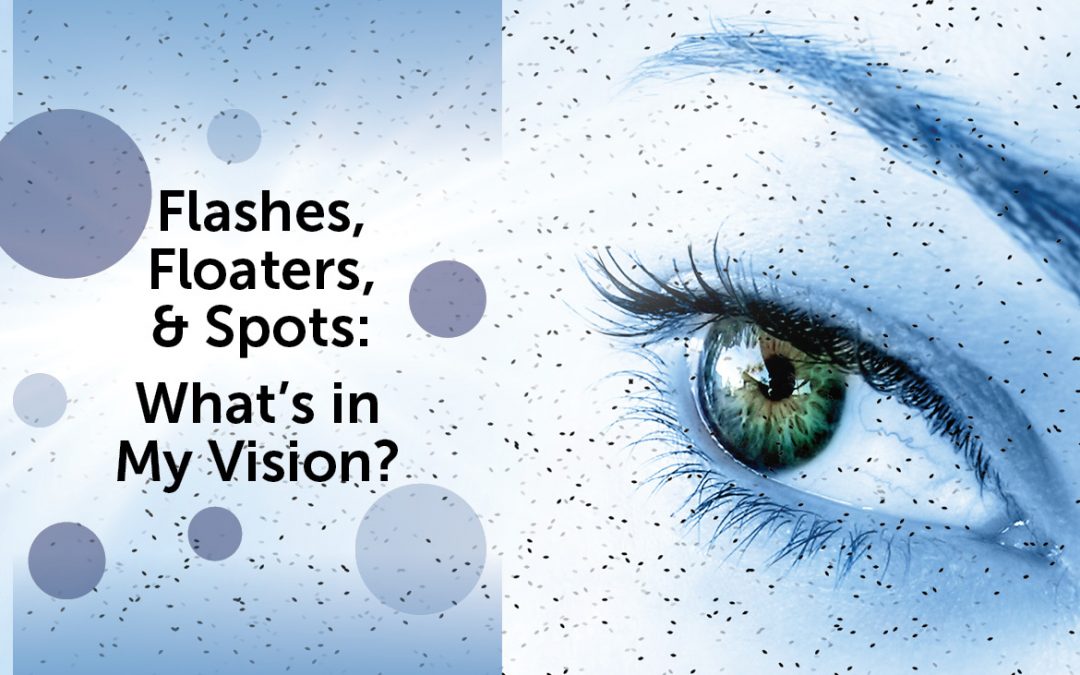
by innexus | Apr 1, 2019 | Eye Health and Diseases, Eye Resources
Have you noticed tiny shadows cast upon objects you are looking at? Do you see small spots in your vision when looking at a clear or overcast sky? You may be seeing floaters and spots in your field of vision. What is the spot in my vision? It is completely normal to...
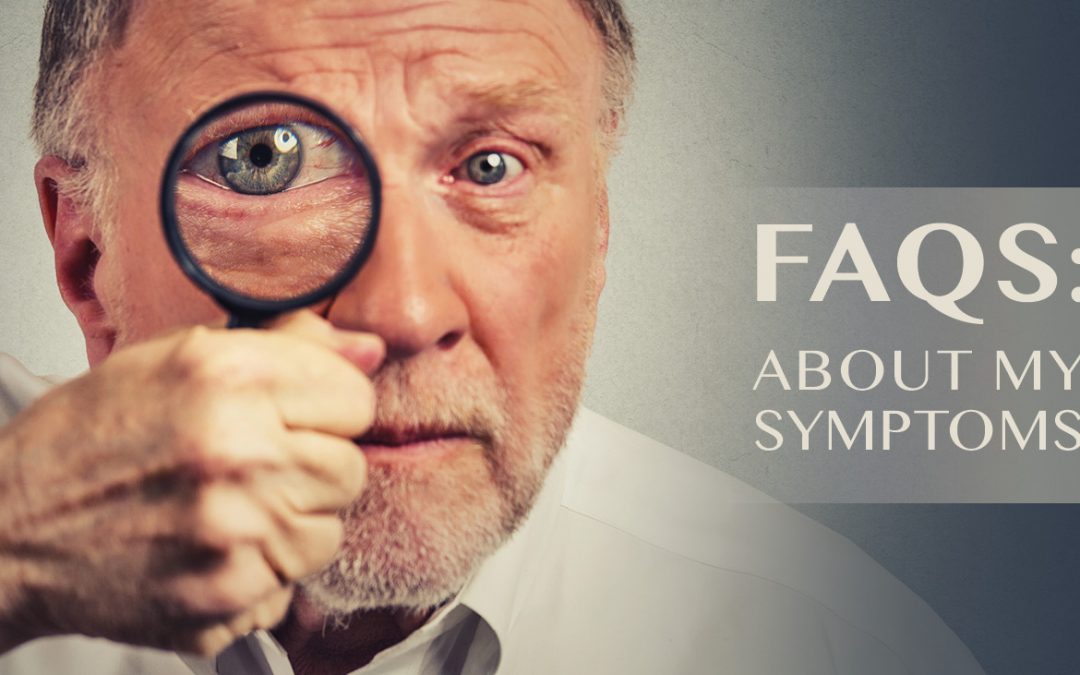
by innexus | Mar 1, 2019 | Eye Health and Diseases, Eye Resources
An overview and explanation of common eye symptoms. Whether you or someone you know is suffering from a common eye-related condition, we know that you want the facts! Here are some of the most common questions and eye-related disorders we see in our office every day....
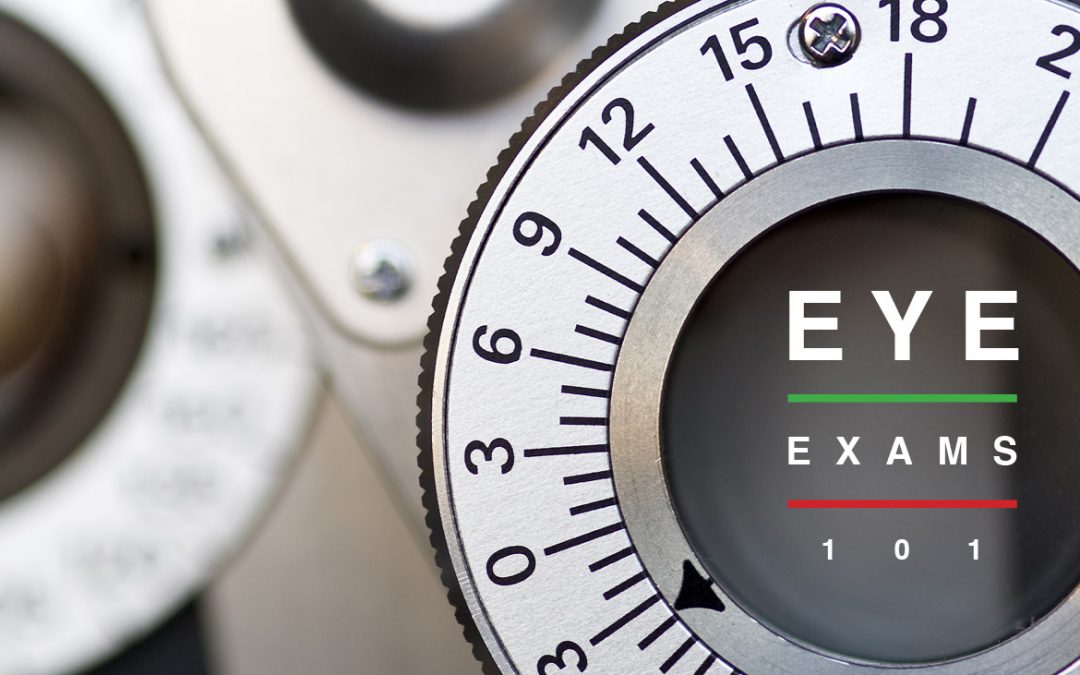
by innexus | Feb 1, 2019 | Eye Health and Diseases, Eye Resources
Regular comprehensive eye exams are key to early detection of eye-related diseases to keep you seeing your best every day. Adults should have a comprehensive eye exam every 1-2 years. Children should have an eye exam as early as 6 months, before they start school, and...












Recent Comments